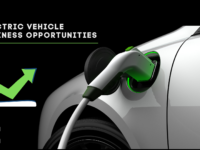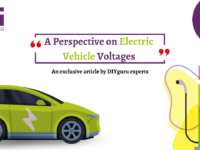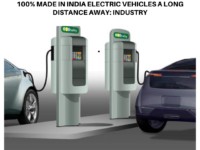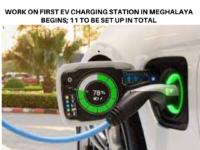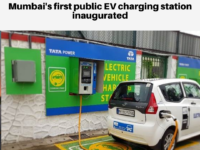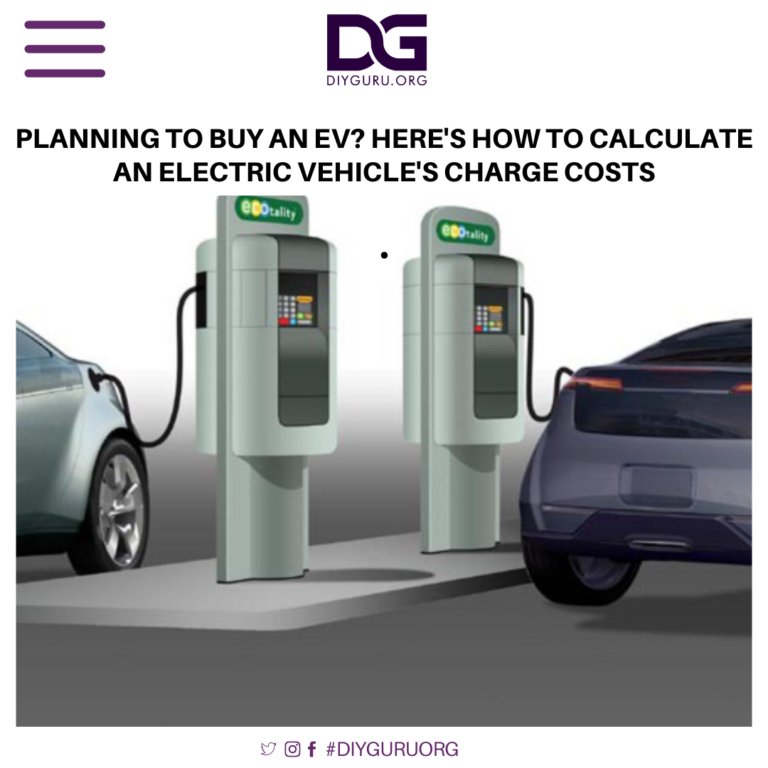One of the challenges people have with electric vehicles is figuring out how much they cost to operate. The price of fully charging an electric vehicles battery can vary wildly depending on when and where you charge it. For the bigger picture, you should also include the amortized cost of buying and installing a home charging station and the rates your utility company charges.
Here’s how to calculate what it will cost to charge your EV, as compiled by Edmunds experts.
IN: KILOWATT-HOURS PER 100 MILES, OUT: MPG
When youre shopping for a gasoline-powered car, you pay attention to how many miles per gallon it gets. For plug-in vehicles, the window sticker and the governments fueleconomy.gov website will have a big EPA-estimated mpg equivalent figure. But this isnt a useful metric for determining cost. A battery stores energy in kilowatt-hours, much like a gas tank stores fuel in gallons.
Instead, look for the amount of energy an electric car consumes, which is measured in kilowatt-hours per 100 miles (kWh/100 miles). This value tells you how much energy in kilowatt-hours a vehicle would use to travel 100 miles. Note that this is just the governments estimate; your EVs actual consumption can vary because of your driving style and environment.
COST FOR CHARGING AT HOME
The cost of electricity is more stable than the cost of gasoline, but that cost varies state by state. According to the most recent data, the residential average per kilowatt-hour ranges from 9.9 cents in Idaho to 32.3 cents in Hawaii. The national average is 13.3 cents, which is only about 2 cents more than it was a decade ago. To find your states average, check this state-by-state list of the average cost per kilowatt-hour.
Your states average is just that, however. What you pay is determined by your utility company and the plan you use. Electricity cost usually rises with your consumption and varies depending on the time of use. A kilowatt during the day at peak hours or at months end is likely to cost more than one during nighttime off-peak hours or at the beginning of the month. Look at your latest utility bill or check your utilitys website to see the current rates
To estimate your cost of charging at home, multiply your vehicles kWh/100 miles figure by the electric rate for the time of day youll most often be charging. That figure will tell you the cost per 100 miles.
Heres an example: Lets say you own a 2021 Tesla Model 3 Standard Range Plus it gets an EPA-estimated 24 kWh/100 miles and your utilitys pricing plan starts at 18 cents per kWh and rises to a maximum of 37 cents per kWh. As such, it would cost as little as $8.64 to recharge at home after driving 200 miles or potentially $17.76 if you recharged during your utilitys peak rates.
EVs vary in efficiency too. Lets say you sold your Model 3 in the above example and replaced it with a 2021 Audi e-tron. The Audi uses an estimated 43 kWh/100 miles. Now youd be paying $15.48-$31.82 after driving 200 miles using the same rates above.
COST OF HOME CHARGING SETUP
Besides understanding what it will cost to power an EV, its also important to know the cost of the charging equipment itself. Technically, the vehicles charger is actually built into the car.
That box with the colored lights, long cord and connector plug that you hang on the wall of your garage or carport is properly known as the electric vehicle supply equipment or EVSE. But its OK if you call it a car home charging station or an EV charger almost everyone does.
Most vehicle automakers have a preferred charger provider, but there are dozens of companies selling EVSEs. A search online will help you find the features, power output and pricing that best suit your needs. Just search for EVSE or EV home chargers. Prices for a good 240-volt Level 2 home system can range from just under $200 to more than $1,000 before installation. Some of these systems can report exactly how much electricity you use to charge your vehicle.
Installation costs for EVSEs vary by region, depending on such factors as local labor rates, materials used, and government permit costs and requirements. The biggest variable is typically permitted costs. National average costs for a wall-mounted EVSE can range from $850 to $2,500.
EDMUNDS SAYS:
EV charging is unfamiliar territory for anyone raised in a gas-car culture. But if you spend just a little time getting familiar with how it works and whats involved, figuring out your charging costs will eventually be less work than driving to a pump. And cheaper too.
Join our list
Subscribe to our mailing list and get interesting stuff and updates to your email inbox.



